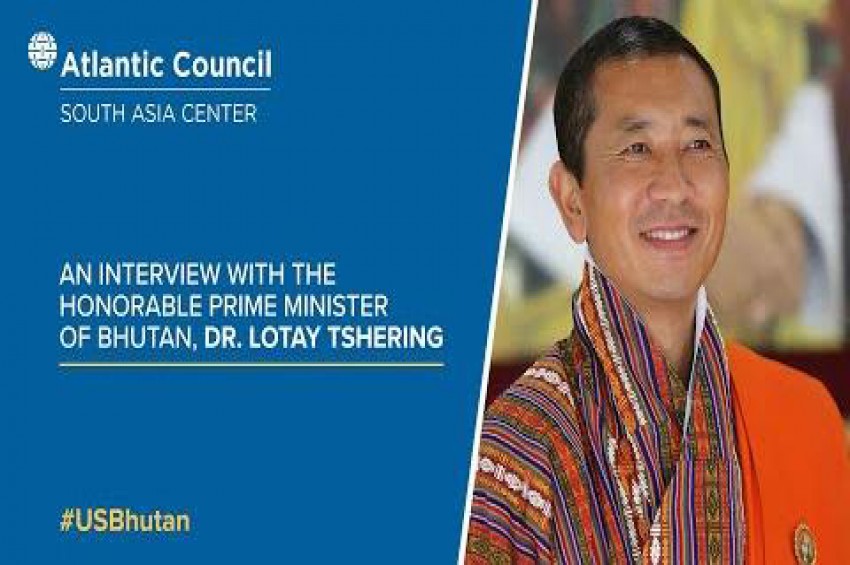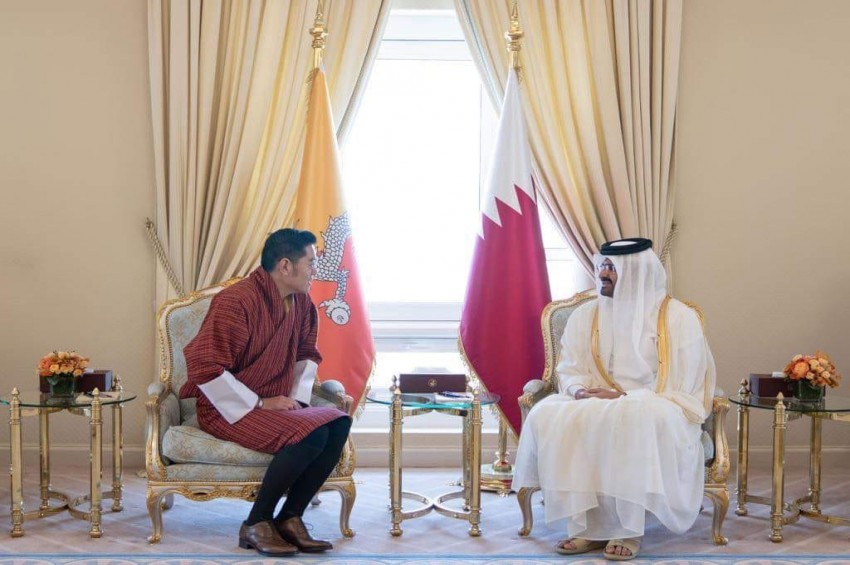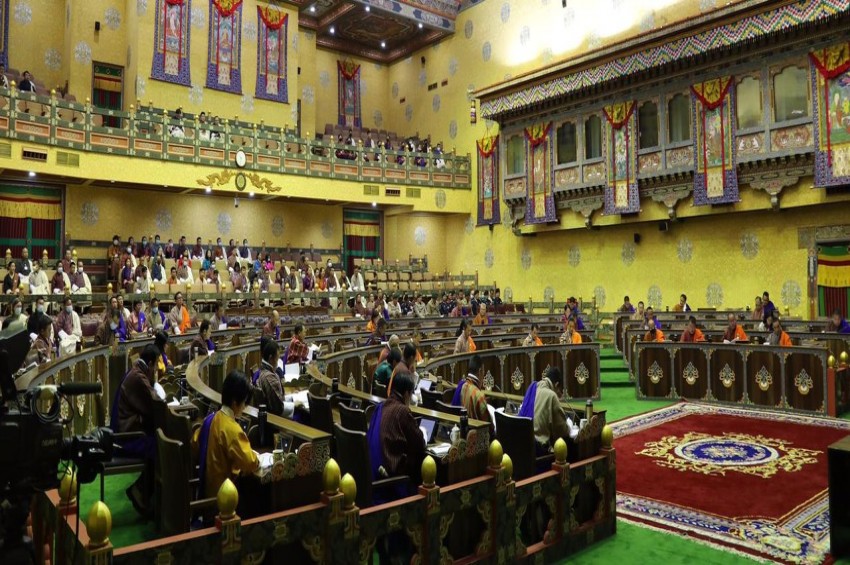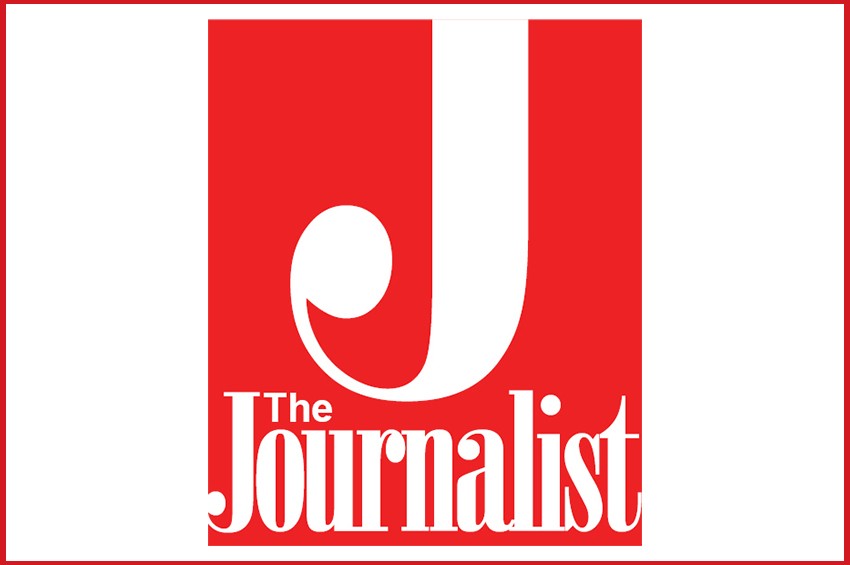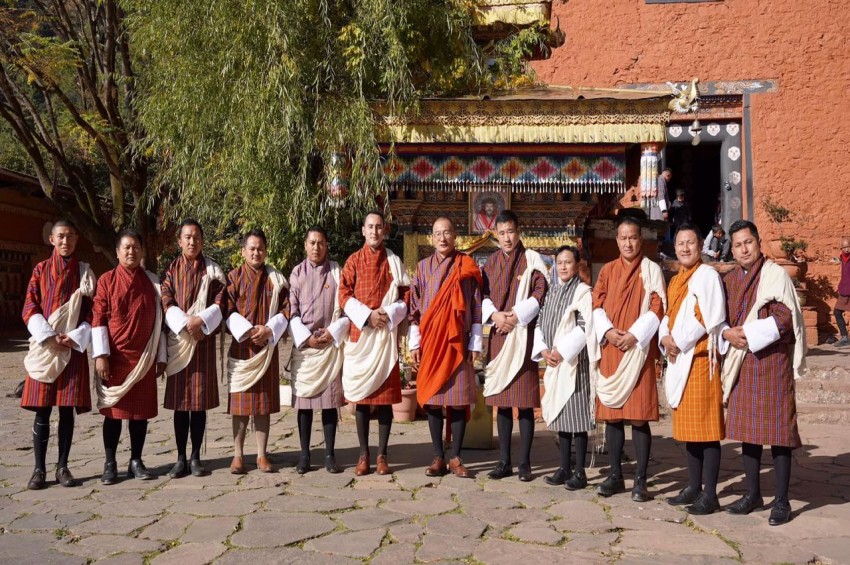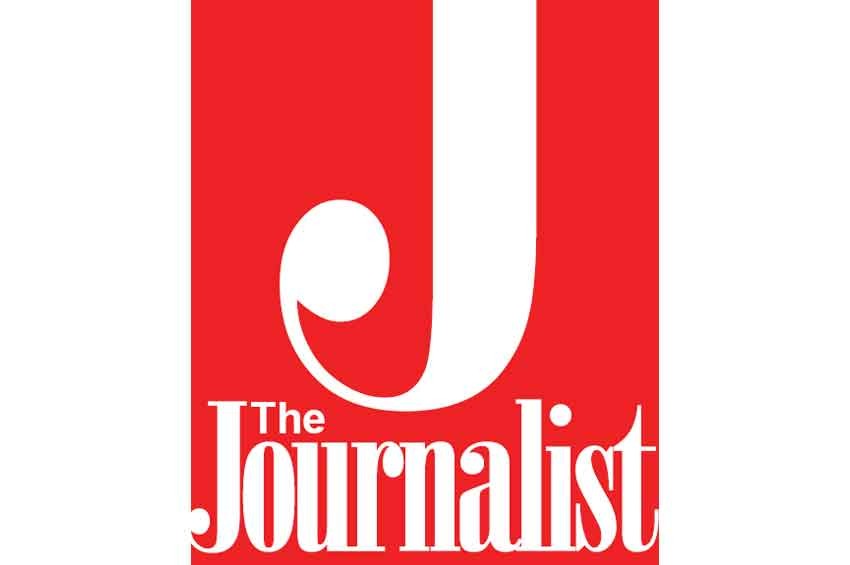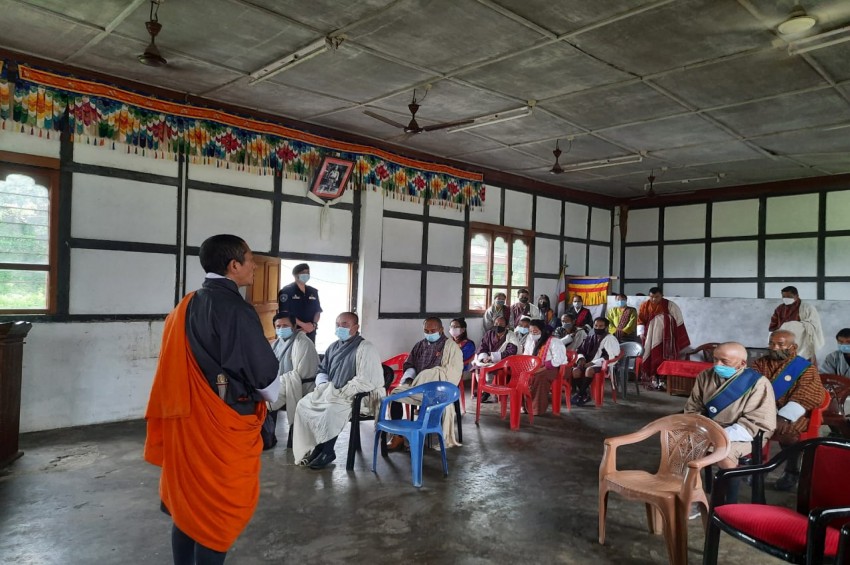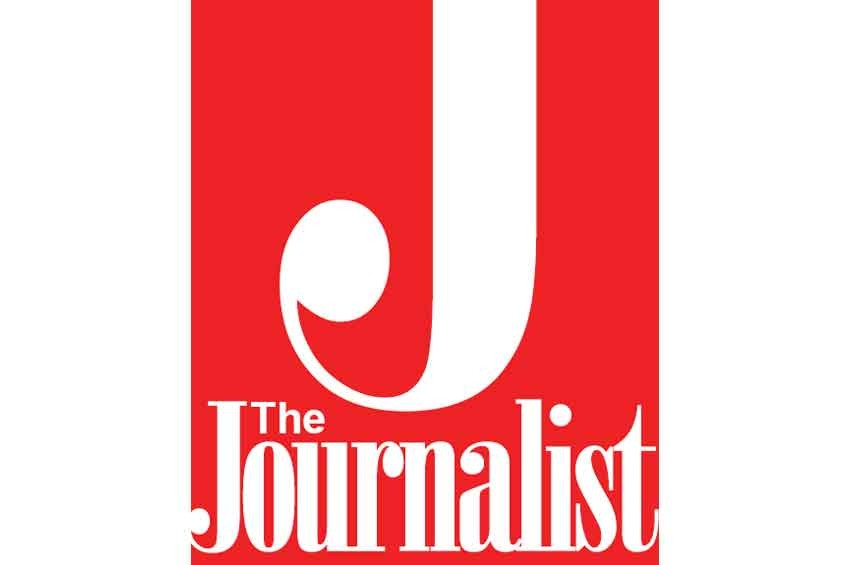In an interview over Zoom, Bhutanese PM said those thinking only about their short term benefits can display their anger towards him in the forthcoming general elections
The people of Bhutan need to make their developmental demands based on the nation’s holistic development policy and individual wish lists that would benefit few villagers or families cannot be entertained, even at the price of losing in the elections.
This was one of the most important messages that Prime Minister (PM) Dr. Lotay Tshering conveyed to Dr Irfan Nooruddin, Senior Director at Atlantic Council, South Asia Center during an interview over Zoom on May 25, 2020, when the PM was on his way back from Samdrup Jongkhar to Trashigang.
The above was in reply to Dr Irfan’s question concerning the clash between long term development goals of the country and short term goals politicians need to make and deliver to keep the electorate happy. The PM was asked if he felt any kind of tension related to this and how he drew the line.
Replying to the question, the PM said every politician will have the same kind of feeling and also that every voter or individual in the world would also have the same kind of mindset, which is to be pleased. No matter how educated a person may be and no matter what he or she may speak about or lecture, at the end of the day everyone will have some selfish motive, the PM said. “People in Bhutan are similarly structured, with similar expectations and they come to us with short term demands that will please some people,” he said.
While underlining that he has no authority to speak about other politicians, the PM said it all depends on where one draws the line and what intention one has.
“I have been talking about the same point for the last 20 days,” the PM said, referring to his visits to different villages. “Whenever we met a group of people they have a set of demands, which actually are not in line with the government’s policy; which we cannot give. But politically, it will be very popular,” he added. Nonetheless, the PM said he has been telling the people that his job is to explain and that the people’s job is to understand. “If you want to bring politics into what we are talking today, I said that it is a totally different ballgame and that I will not be part of it.”
The PM added that some wanted roads, while they are not entitled to it. “I said I am sorry as I have to think about 1,200 other villages,” he said. Further, the PM said there were people who wanted to improve their education system together with free internet facilities. While the purpose is good, the PM said he has to think about 700 other schools.
The PM highlighted that he told the people if they did not understand the government’s policy and wanted support only in their areas, he cannot do it. The PM added that on that note, he told the people that if they are not happy with him, the general elections will come soon and they can show their anger on him during the elections and not now. “I just go on cutting it straight and it all depends on how they take it,” the PM told Dr. Irfan.
The other questions asked were about Gross National Happiness (GNH) and how Bhutan managed to secure the people during the pandemic, when there were problems in other parts of the world with the underprivileged and poor not availing services compared to the rich and affluent.
Underlining there are no cases of different people getting varied health care services, the PM said Bhutan provides free health care services and that His Majesty the King goes to the same hospital and gets the same treatment from the same doctor that a farmer or a cab driver gets. He also said it is the “astute, unconditional leadership of His Majesty the King”, who began to work from March 5, 2020 and still continues to do so, that ensured that Bhutan did not face problems like other countries did. The other factor cited was Bhutan’s Primary Health Care system, which the PM said is very strong.
On Bhutan being a carbon negative country, the PM said Bhutan began conservation and even mandated in the Constitution that 60 percent of the country will be under forest cover for all times, even before the world was talking about climate change. He said that while nations are trying to become carbon neutral by 2050, Bhutan is already carbon negative.
On foreign policy, the PM said that all neighbours are equally important and elaborated about Bhutan’s relations with India before it became independent. Speaking about Bhutan’s location between the two most populous countries and economic giants, he expressed that there is no way Bhutan will be left behind as the two countries progress.
Based on the questions, the PM also spoke about the current overhauling of Bhutan’s education system, bilateral hydropower project with Bangladesh and QUAD.
This was one of the most important messages that Prime Minister (PM) Dr. Lotay Tshering conveyed to Dr Irfan Nooruddin, Senior Director at Atlantic Council, South Asia Center during an interview over Zoom on May 25, 2020, when the PM was on his way back from Samdrup Jongkhar to Trashigang.
The above was in reply to Dr Irfan’s question concerning the clash between long term development goals of the country and short term goals politicians need to make and deliver to keep the electorate happy. The PM was asked if he felt any kind of tension related to this and how he drew the line.
Replying to the question, the PM said every politician will have the same kind of feeling and also that every voter or individual in the world would also have the same kind of mindset, which is to be pleased. No matter how educated a person may be and no matter what he or she may speak about or lecture, at the end of the day everyone will have some selfish motive, the PM said. “People in Bhutan are similarly structured, with similar expectations and they come to us with short term demands that will please some people,” he said.
While underlining that he has no authority to speak about other politicians, the PM said it all depends on where one draws the line and what intention one has.
“I have been talking about the same point for the last 20 days,” the PM said, referring to his visits to different villages. “Whenever we met a group of people they have a set of demands, which actually are not in line with the government’s policy; which we cannot give. But politically, it will be very popular,” he added. Nonetheless, the PM said he has been telling the people that his job is to explain and that the people’s job is to understand. “If you want to bring politics into what we are talking today, I said that it is a totally different ballgame and that I will not be part of it.”
The PM added that some wanted roads, while they are not entitled to it. “I said I am sorry as I have to think about 1,200 other villages,” he said. Further, the PM said there were people who wanted to improve their education system together with free internet facilities. While the purpose is good, the PM said he has to think about 700 other schools.
The PM highlighted that he told the people if they did not understand the government’s policy and wanted support only in their areas, he cannot do it. The PM added that on that note, he told the people that if they are not happy with him, the general elections will come soon and they can show their anger on him during the elections and not now. “I just go on cutting it straight and it all depends on how they take it,” the PM told Dr. Irfan.
The other questions asked were about Gross National Happiness (GNH) and how Bhutan managed to secure the people during the pandemic, when there were problems in other parts of the world with the underprivileged and poor not availing services compared to the rich and affluent.
Underlining there are no cases of different people getting varied health care services, the PM said Bhutan provides free health care services and that His Majesty the King goes to the same hospital and gets the same treatment from the same doctor that a farmer or a cab driver gets. He also said it is the “astute, unconditional leadership of His Majesty the King”, who began to work from March 5, 2020 and still continues to do so, that ensured that Bhutan did not face problems like other countries did. The other factor cited was Bhutan’s Primary Health Care system, which the PM said is very strong.
On Bhutan being a carbon negative country, the PM said Bhutan began conservation and even mandated in the Constitution that 60 percent of the country will be under forest cover for all times, even before the world was talking about climate change. He said that while nations are trying to become carbon neutral by 2050, Bhutan is already carbon negative.
On foreign policy, the PM said that all neighbours are equally important and elaborated about Bhutan’s relations with India before it became independent. Speaking about Bhutan’s location between the two most populous countries and economic giants, he expressed that there is no way Bhutan will be left behind as the two countries progress.
Based on the questions, the PM also spoke about the current overhauling of Bhutan’s education system, bilateral hydropower project with Bangladesh and QUAD.
From Prime Minister (PM)
Dr. Lotay Tshering’s Zoom interview with Dr Irfan Nooruddin,
Senior Director at Atlantic Council, South Asia Center on
May 25, 2020.
Dr. Lotay Tshering’s Zoom interview with Dr Irfan Nooruddin,
Senior Director at Atlantic Council, South Asia Center on
May 25, 2020.

